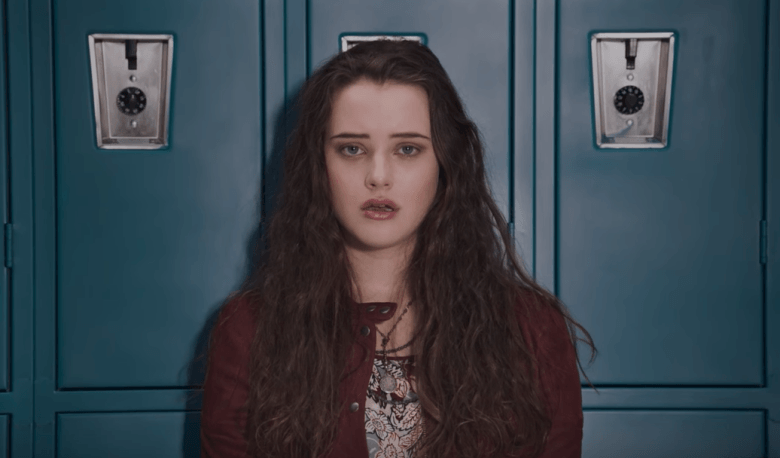A new study, published in JAMA Internal Medicine, reveals there was a significant uptick in suicide-related searches after 13 Reasons Why premiered on Netflix.
The study looked at Google Trends data from the three weeks following the show’s release. It found that there were 900,000 more online searches than expected that included the word “suicide.” While the full context of each search is unknown, it has been previously documented that suicide-related queries and attempts are closely linked. The query “suicide songs” increased over 40 percent and “how to kill yourself” increased around ten percent. In its conclusion, the study recommended that 13 Reasons Why should provide a suicide hotline number at the end of each episode. As of now, the number is only given at the end of its hot-button episodes that explicitly depict sexual assault, bullying, or death.
Picking apart 13 Reasons Why‘s effect on viewers is important. Since it premiered in April, the show has repeatedly been accused of inspiring copycat suicides. Publications including New Yorker argued that the show made a “smarmy spectacle” out of mental illness and self-harm. “I did indeed come away with a sense that there was a problem I hadn’t thought about deeply,” Jia Tolentino wrote about her reaction to one of the show’s sexual assault scenes. She takes issue with shows that tackle sensitive topics with a no-holds-barred approach, saying dramas like 13 Reasons Why give “themselves license to shovel trauma at their audience while assuring their audience that it’s actually healthier this way.”
Season two of 13 Reasons Why is currently being filmed and parents, teachers, and counselors are concerned about how the new episodes will affect young viewers. The cast and crew have expressed a firm resolve to make season two as frank as the first. “They aren’t going to sugarcoat anything,” Dylan Minnette, who plays lead character Clay, said during a recent panel. “We haven’t done it from day one and I don’t think we’re ever going to do it. I’m sure it’s going to be just as important and dark as last season.”
Read More: Tommy Dorfman is the ‘Unapologetically Queer’ Actor from 13 Reasons Why
The findings raise the question: is there is a 100-percent safe way to cover complex issues like sexual assault and suicide in teen-targeted shows? Recently, Netflix’s original programming has made adults question how easily influenced teens are. Some accused the Lily Collins-led film To the Bone of glamorizing anorexia. In an Atlantic article, Sophie Gilbert complained that the film reinforced the common perception that anorexia nervosa only affects white, young women.
In response to the criticism of 13 Reasons Why, Netflix added an extra warning card to the first episode of the series, providing information on resources for suicide-prevention and reporting sexual assault and bullying. In addition, viewers are able to visit the site 13reasonswhy.info for access to counselling.
It’ll be interesting to see what hot-button issues season two tackles and how. The last season ended with a character planning a mass school shooting, and if the show decides to explore this plot line, the response will likely be divided. Notably, the JAMA study will be ongoing. Researchers still need more data to draw a definitive conclusion about whether or not the show did more harm that good regarding suicide prevention.
Credits
Text André-Naquian Wheeler
Screenshot via YouTube
